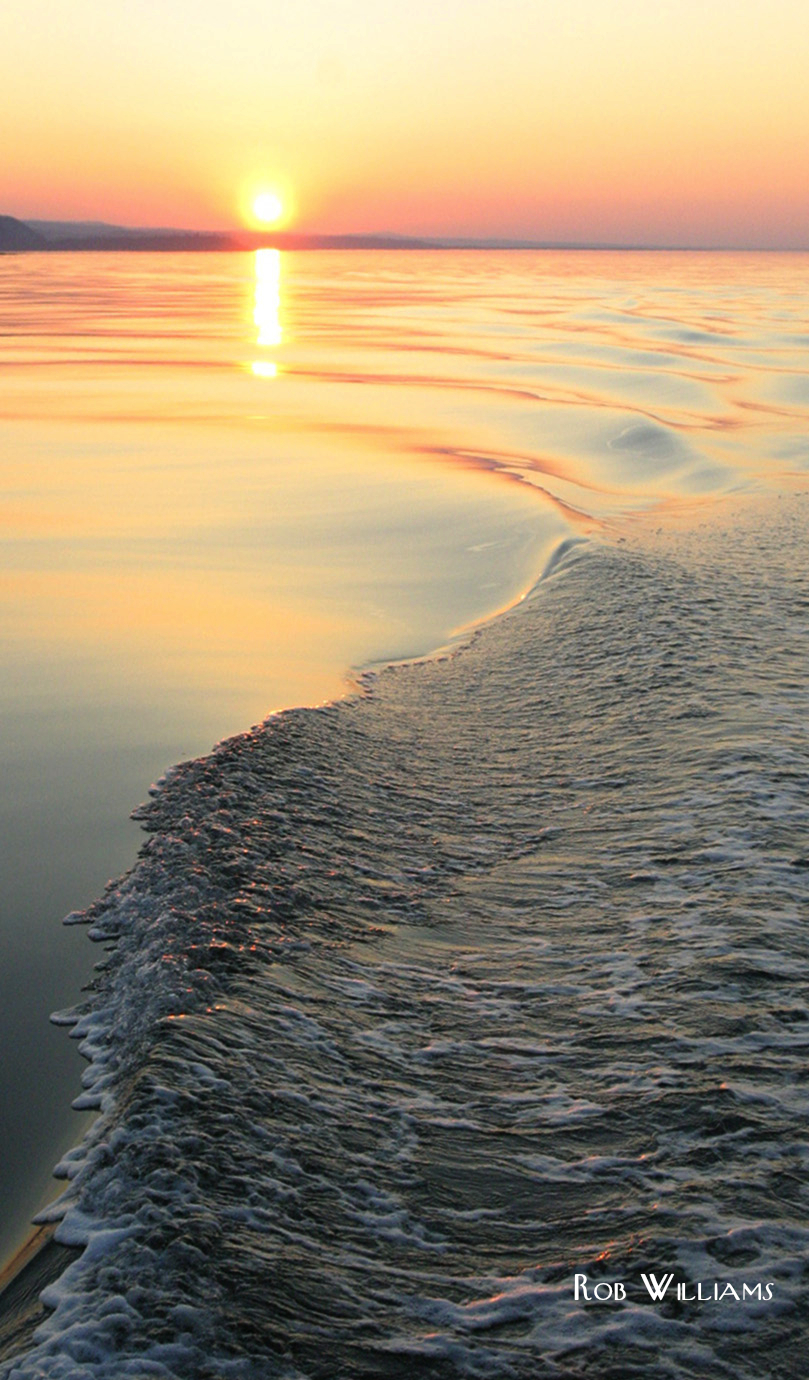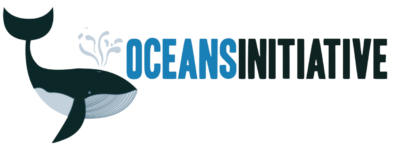Happy World Oceans Day! Today we can’t stop thinking of a wonderful quote from Yann Martel’s Life of Pi:
“From the Tsimtsum all I had seen were dolphins. I had assumed that the Pacific, but for passing schools of fish, was a sparsely inhabited waste of water. I have learned since that cargo ships travel too quickly for fish. You are as likely to see sea life from a ship as you are to see wildlife in a forest from a car on a highway. Dolphins, very fast swimmers, play about boats and ships much like dogs chase cars: they race along until they can no longer keep up. If you want to see wildlife, it is on foot, and quietly, that you must explore a forest. It is the same with the sea. You must stroll through the Pacific at a walking pace, so to speak, to see the wealth and abundance that it holds.”
In our own work, we try to strike a balance between field work and computer work. We try to spend half of our time getting our feet wet in the field, wherever our work is needed, and the other half using our science to inform smart decisions to conserve wildlife. Today, on World Oceans Day, we’re reminded that bearing witness is a central part of conservation science.
We can’t do this work without you. As a small charity, we rely on tax-deductible donations from people like you. But this weekend, for World Oceans Day, we have an opportunity to double any Aeroplan miles you donate to our Beyond Miles Charitable Pooling Account. This partnership with Aeroplan is essential to allowing us do good, conservation-minded work around the world, and bringing experts to Canada to help our work.


The quote from The Life of Pi left me thankful for the years that I had sailing the oceans at 5 or 6 knots, seeing so much of the life that was out there. The work that you do is of vital importance as we encroach ever more heavily on the environment of this planet. We desparately need the hard data to make intelligent decisions about how we can minimize the damage we are doing to the earth and the oceans. The oceans are particularly vulnerable, as we can see only a very small part of them, and the harm is not at all obvious unless we look very carefully, and we know what we are looking for.